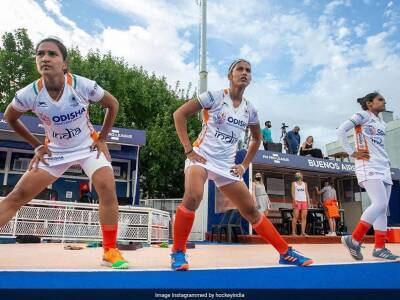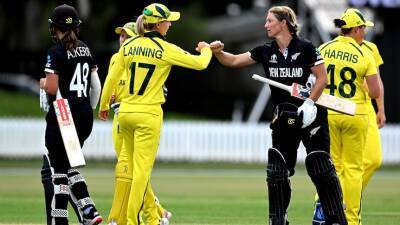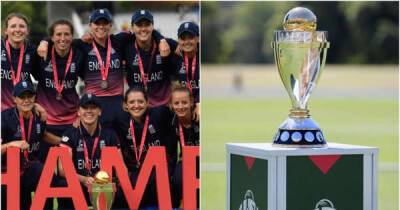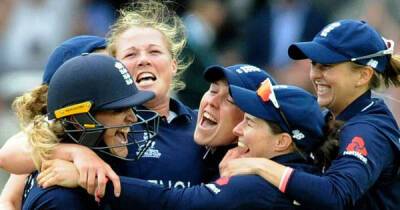History of the ICC Women’s Cricket World Cup
The inaugural edition of the ICC Women’s Cricket World Cup marked the first time a tournament of its nature was held, with the men’s tournament following two years later.
Its conception is a story in itself, with talks taking place between English businessman Jack Hayward and cricketer Rachael Heyhoe Flint in their home city, Wolverhampton.
In 1971, Hayward and Heyhoe Flint stayed up all evening brainstorming a tournament that the latter would skipper England to victory two years later.
The Women’s Cricket World Cup 1973 was contested by seven teams including a Young England side. The format was different to what we see today, with teams battling for 60 overs – not 50 – and a league table deciding the winners instead of a knock-out competition.
However, the final round-robin match saw the top two square off as England took on Australia in a repeat of the first-ever international women’s game.
Enid Bakewell hit 118 and Heyhoe Flint compiled a half-century as England won by 92 runs to seal the title by three points from their rivals.
India hosted and made their debut in the 1978 tournament, and they were joined by Australia, England and New Zealand.
The final match was again a de facto final, but this time Australia triumphed over the holders as tens of thousands of Indian cricket fans flocked to the Lal Bahadur Shastri Stadium in Hyderabad to watch.
1982 saw the introduction of a final, as New Zealand hosted five teams, the four from 1978 plus an International XI. Each side played the others three times, with the top two advancing to the showpiece.
It was a familiar match in the final as an unbeaten Australia took on England and the contest went down to the penultimate over before Australia emerged victorious by three








